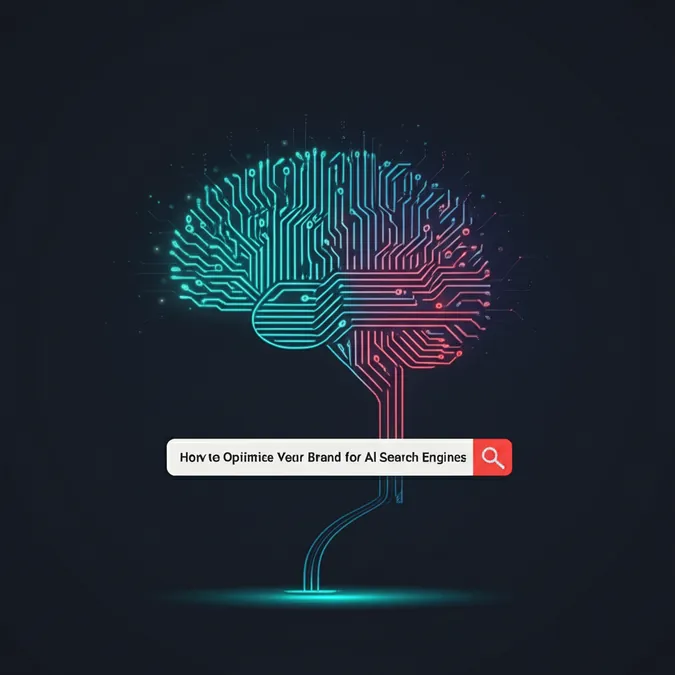Developer Offer
Try ImaginePro API with 50 Free Credits
Build and ship AI-powered visuals with Midjourney, Flux, and more — free credits refresh every month.
Stanford Study Reveals Who AI Is Really Replacing
A groundbreaking new study confirms what many have suspected: artificial intelligence is beginning to replace entry-level workers, particularly those whose roles can be handled by generative AI tools like ChatGPT.

The Hardest Hit Professions
According to a working paper from Stanford economists, early-career employees in fields highly exposed to AI have seen a significant 13% drop in employment since 2022. This research provides some of the first concrete evidence of AI's disruptive impact on the job market, especially for the younger generation.
The study highlights two fields in particular where AI is supplanting young workers: software engineering and customer service. Between late 2022 and mid-2025, entry-level employment in these sectors fell by approximately 20%, while employment for more experienced workers in the same roles actually grew.
A similar trend is emerging in several other professions:
- Accounting and auditing
- Secretarial and administrative work
- Computer programming
- Sales
Why Experience Matters More Than Ever
The data reveals a growing gap between junior and senior employees. While employment for workers aged 22 to 25 in AI-exposed sectors dropped by 6%, it rose by 6% to 9% for their older colleagues.
The reason may lie in the different types of knowledge each group possesses. The study's co-author, Erik Brynjolfsson, explains that Large Language Models (LLMs) are trained on the vast amounts of written material found in books and online—similar to the "book learning" that graduates bring to their first job.
In contrast, older employees have accumulated years of "tacit knowledge" and soft skills through on-the-job experience. This practical wisdom, learned from navigating real-world workplace challenges, isn't documented in the data LLMs are trained on, making senior workers less replaceable.
Augmentation vs Automation
However, the story isn't just about job replacement. Brynjolfsson notes that technology has always been a force of both destruction and creation in the job market. While some roles will become obsolete, AI will also create new ones and, crucially, augment the capabilities of human workers.
In fields like nursing, AI is more likely to augment human professionals by handling routine tasks. This frees up practitioners to focus more on direct patient care. The study found no employment decline in jobs where AI tools are used to support and expand employee duties, suggesting that workers who leverage AI are benefiting from the technology.
Navigating the New AI Driven Job Market
As AI becomes more integrated into the workplace, learning to use it effectively is becoming a critical skill. A report from the Federal Reserve Bank of St. Louis indicates that 23% of employees were already using generative AI weekly as of late last year.
For young workers, the path forward involves embracing these tools to enhance productivity. "Young workers who learn how to use AI effectively can be much more productive," Brynjolfsson advises. "But if you are just doing things that AI can already do for you, you won't have as much value-add."
This shift is also reflected in compensation. A report from AI staffing firm Burtch Works found that starting salaries for entry-level AI specialists jumped 12% from 2024 to 2025. The evidence is clear: while AI presents challenges, it also offers significant opportunities for those prepared to adapt.
Compare Plans & Pricing
Find the plan that matches your workload and unlock full access to ImaginePro.
| Plan | Price | Highlights |
|---|---|---|
| Standard | $8 / month |
|
| Premium | $20 / month |
|
Need custom terms? Talk to us to tailor credits, rate limits, or deployment options.
View All Pricing Details

